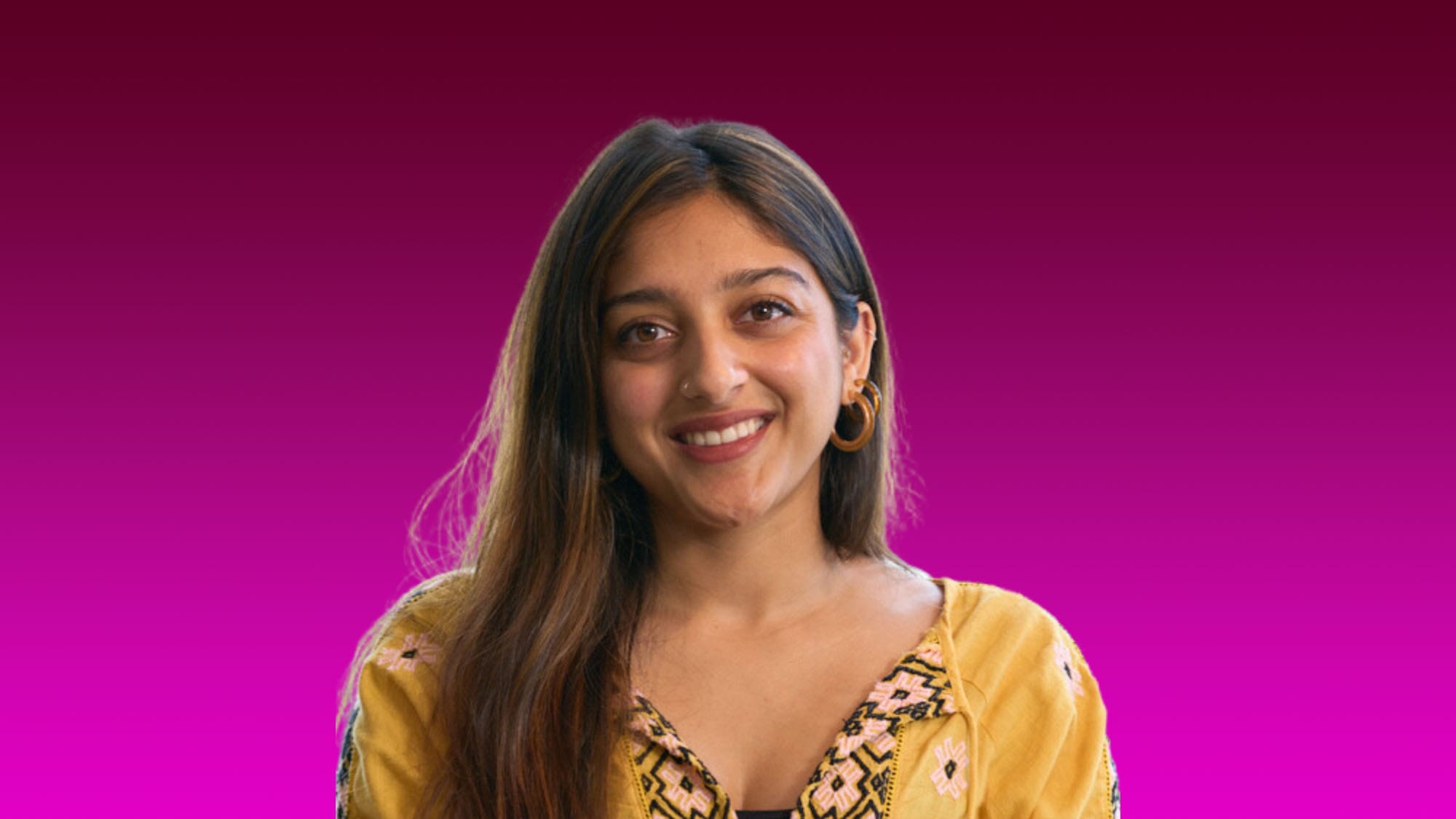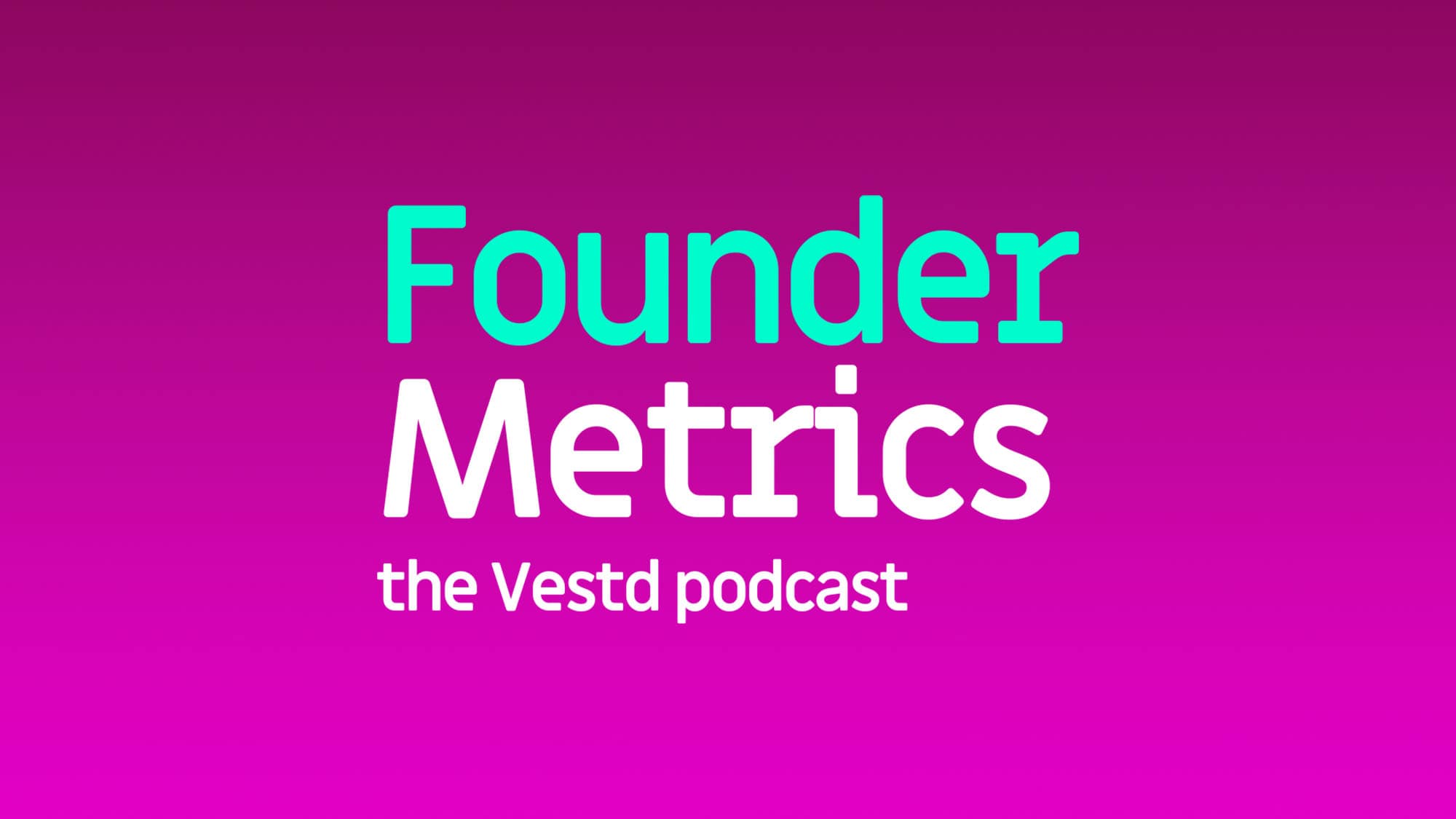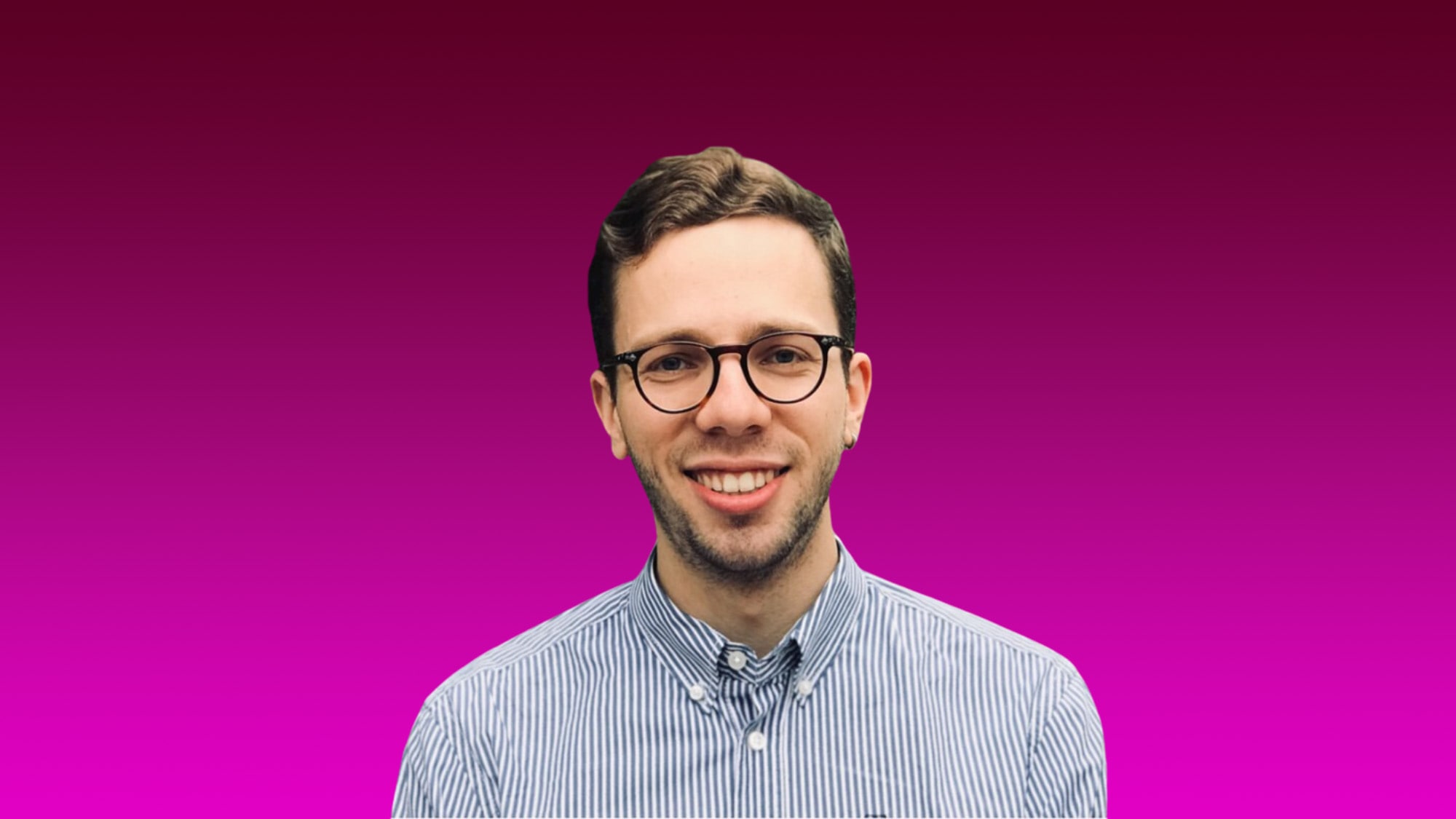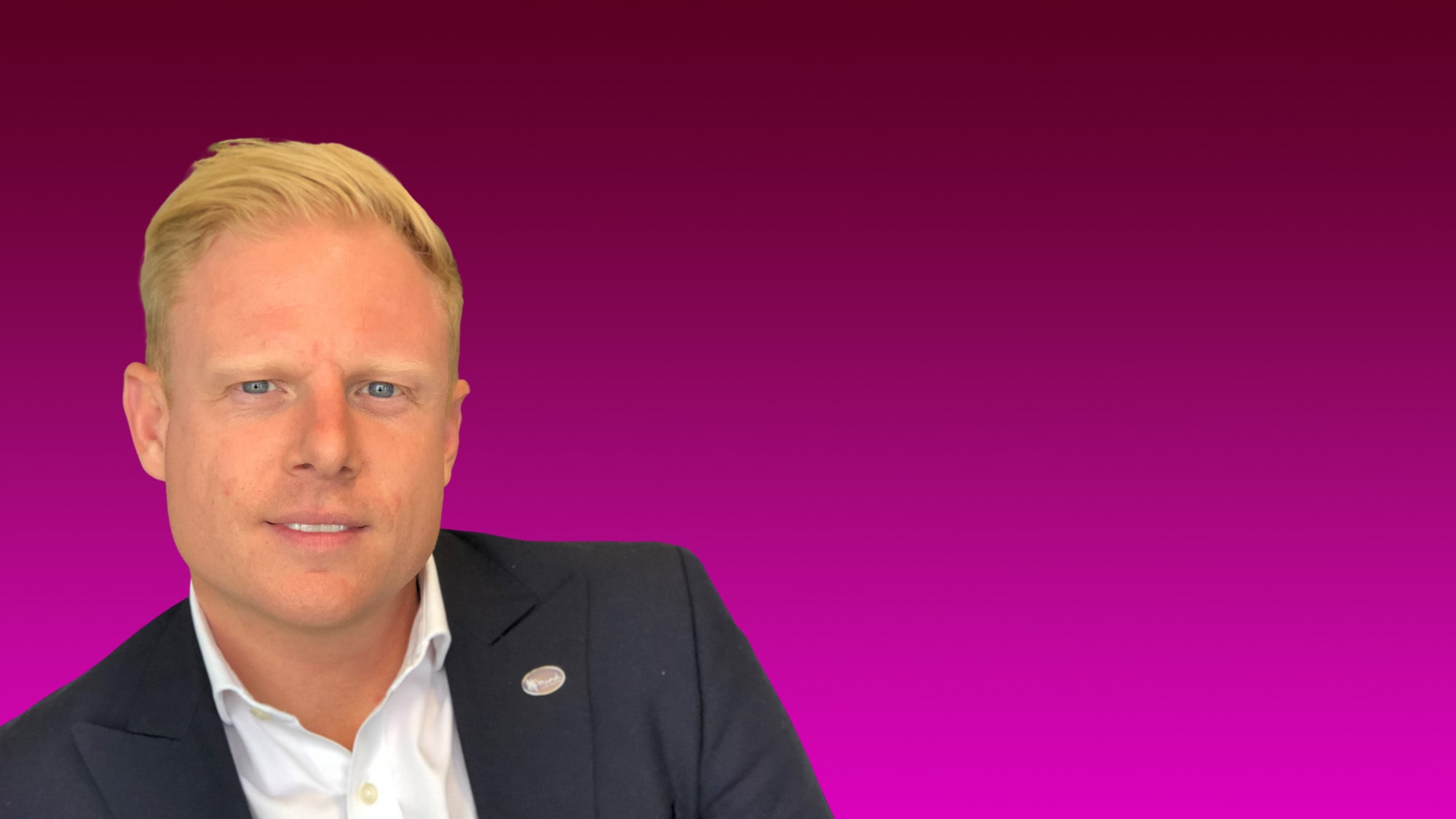Empowering entrepreneurs: top takeaways from FounderMetrics
FounderMetrics: a podcast by Vestd. Join Ifty Nasir as he uncovers the factors that forge success and those that spell disaster.
Manage your equity and shareholders
Share schemes & options
Equity management
Migrate to Vestd
Company valuations
Fundraising
Launch funds, evalute deals & invest
Special Purpose Vehicles (SPV)
Manage your portfolio
Model future scenarios
Powerful tools and five-star support
Employee share schemes
Predictable pricing and no hidden charges
For startups
For scaleups & SMEs
For larger companies
Ideas, insight and tools to help you grow

Joining Ifty Nasir on the latest episode of FounderMetrics is Sonya Barlow, the award-winning founder of the LMF Network. Sonya is also a best-selling author, diversity and inclusion advocate and radio host of the hit BBC show, The Everyday Hustle.
In this episode, Sonya talks to Ifty about her experiences and how that's shaped her career so far. As well as sharing alternative methods for measuring success.
We've cherry-picked the best bits of their conversation but listen to the episode for the full lowdown.
So, to give you a bit of context about me, I have Pakistani heritage. I came to the UK when I was four, I studied super hard, went to university and graduated in 2015. After graduation, I kind of fell into the world of FinTech consulting.
Then in 2018, I started LMF Network as a brunch club because I personally felt really isolated in my field.
In 2019, I lost my job. And so in 2020, not knowing that the pandemic was coming, I thought I could treat losing my job as an opportunity to be an entrepreneur and take a risk.
Since then, this little brunch club/community forum I started has grown into a social enterprise with a consulting arm where we support businesses in end-to-end diversity, inclusion, and business strategy. And we reinvest those profits into our community services.
We build careers and confidence for women in the workspace, through mentorship, masterclasses, and meaningful networks.
I also have a BBC radio show, called the Everyday Hustle.
The BBC Asian Network is generally all about the music, so launching a business-focused show was a bit of a risk for everyone involved, but one that paid off. In 2022, we won Best Radio Show at the 10th Asian Media Awards!
A lot of my business learnings come from the conversations I've had with guests on the show.
I’m a little worried that this might get me cancelled, so I want to say this in the best way possible. As LMF has grown, I’ve received awards and accolades for LMF’s contributions to diversity and inclusion for women in business.
It's super cool to be recognised. I used to see accolades as a measure of success, but not so much anymore.
Given where I'm at in my career and given that there's still a gender parity gap and that we're still fighting for equality, I just wish that accolades came with a little bit more than just a trophy.
In practice, my idea of a more meaningful accolade would be saying, “Hey, you’ve won this award and as a way of congratulating you, we’re going to put you on this roundtable with these business folks you would otherwise never meet!” Or “You’ve won this award; instead of a trophy, here’s some funding for your company!”
I just wish that accolades came with a little bit more than just a trophy.
Awards are great but those are the things that would mean more to me because they’re more about practical ways to help you grow your network and make real change. Less performative allyship - more genuine.
I feel like I have to mention that, until 2020, I didn’t know social enterprises or not-for-profit businesses existed. I was aware, of course, that charities exist, but I thought that, if you’re founding your own company, your choices are pretty much limited to running a commercial business.
The LMF Network kind of straddles the line between those two. We’re a community interest company by design (that means that we are invested in furthering the good of our community) but we’re not a charity.
We do have a commercial gain. And because we do have that commercial element, we have more definitive metrics for measuring the success of the business.
So, for example, one metric we can look at is the revenue that we're obtaining. We can look at our cash flow and any bids that we're winning, and we also have access to certain grants that limited businesses would not have.
The metrics have evolved over the years.
In the beginning, especially during our first year in 2020, we were measuring success like, “Let’s build something and see if people show up.” And if people showed up, that was our initial metric for success.
Then, in 2021, we were able to build on that and say, “Okay, now people are showing up. So, now that people are interested in our events, how do we convert them into paid users or customers?”
And then that happened; we worked with Barclays, we worked with Babel, we worked with a number of other entities, and they paid me for our workshops, our events, and our database, at least. And then in 2022, we were looking to build on that success and ask, “How can we sustain financial growth?”
So, I would say the metrics are very similar in that we can measure our success in the same terms as any other commercial business. But because we are a community interest group, we have an added element of, “What do you do with the money you earn? How are you pouring that back into the community?”
In 2021, we did some research that showed there are three reasons why women either don’t enter or progress in the workspace. And those three reasons are:
And I can really relate to those struggles because of my feelings of loneliness which drove me to start the LMF Network.
Without a network, without a support system, women can miss out on a lot of opportunities.
So, one thing we’re really focused on is providing that access to professional networks at a very nominal, if not minimal price. So, by paying a small fee, you have access to a support system where 80% of your opportunities can come through.
Those opportunities can take the form of co-working in a private office space, mentoring programmes, as well as pop-up coffee meetups.
We cover about 24 countries right now. And we're 100% remote. So I've got a remote team, there's five of us working part-time, and that’s intentional so that we can globalise our perspective.
And in terms of measuring success, I would say we’ve seen those programmes pay off by adding value for our customers.
One really good example is someone who came through our mentorship programme and negotiated a 25% pay rise for herself. She paid $100 for mentoring, which covered our fees, and in exchange, she gained an extra 25k.
So, that’s one example of how our programmes have paid off, but you can look beyond financial success to also measure how our mentees are succeeding in their careers as a result of our mentorship. For example, we’ve had individuals who have gone on to style celebrities at the BAFTA and the Brits.
And, equally importantly, we’ve had people set boundaries for themselves, say no when they’re not okay with something, and remove themselves from spaces where they’re uncomfortable.
So, in those cases, our contribution might not be measured economically, but it’s amazing to see how our success can be measured in terms of confidence-building or empowerment for our community.
It's actually very difficult to access grants. There are a lot of T&Cs. For example, one fund that approached us said that the minimum we'd have to have in the bank was £150k. If I had a 150k, I probably wouldn't need this grant!
The Rose Review showed that more businesses are being founded by women which is great. But where is the research to say how many female-founded businesses are being sustained?
To all the organisations that say they want to help female-founded businesses grow, what are you actually doing to make that a reality?
It's super easy to start a business, but not easy to sustain. Where is the support for helping them maintain and build on their success?
It’s great to talk about all these examples of The LMF Network’s success or my own personal success, but I feel like I also have to acknowledge the areas where I’ve failed and how that’s motivated me. Because I haven’t accomplished everything I’ve set out to do and I may not reach my big goal of helping 25,000 people by 2025.
But even if I fail to meet that goal, I think I’ll be okay. And what I mean by that is, “failure” is a really subjective term. So, maybe I failed to hit that big number, okay.
But, for me, a part of failure is also recognising the milestones or stepping stones and the small significant celebrations along the way. So, maybe we didn’t get to 25k, but we’ve passed 10k, we’ve gotten to 15k, and that’s still significant.
So, instead of focusing on the target I didn’t hit, I want to ask, “How are we measuring the contributions we have made?"
"What is our impact on individuals right now and how will our impact continue to make a difference two or three years from now? How is our work motivating individuals to develop their skills and make the world a better place for themselves and for others?”
So, when I think about it that way, I like failure. And even when I fail in areas that do make me feel a bit sad or disappoint me, I try to turn that into a learning opportunity too.
Fail as fast as you can and move on.
I give myself the freedom to feel what I’m feeling and move on. I can clear my calendar for the day, get Ben & Jerry’s, watch Netflix, drink some tea, and just really let myself feel my feelings. And then I can just get a good night’s sleep and wake up ready for the next day - ready to learn from that experience and move forward.
I think that process is so important for founders in particular - to let yourself feel your feelings, to go with the flow, and to let yourself acknowledge that you’re sad or disappointed. Because not everything is going to be a win, but you can't feel the highs if you can't let yourself feel the lows.
Find Sonya's episode and others wherever you listen to your podcasts. Or head to YouTube to watch the interview in full. Don't forget to like and subscribe!

FounderMetrics: a podcast by Vestd. Join Ifty Nasir as he uncovers the factors that forge success and those that spell disaster.

In this episode of FounderMetrics, Ifty Nasir is joined by Lev Perlman, the founder of tech agency Metamindz.

Joining Ifty Nasir this time is Simon Gardiner, the co-founder and director of Carrington West, an award-winning recruitment company named by The...